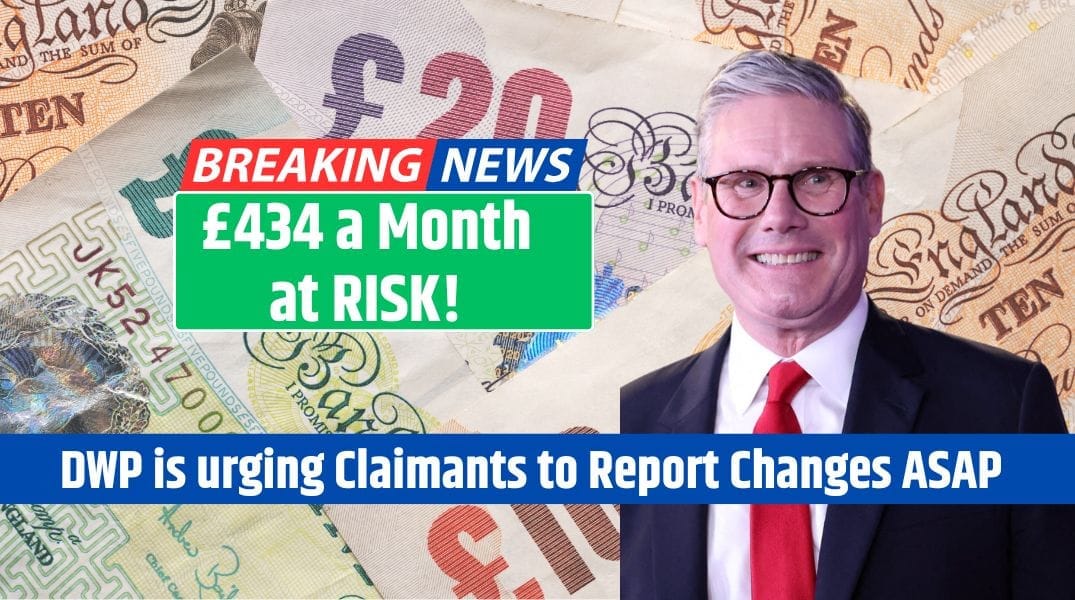Recently, rumors have spread on social media about a supposed $185,000 stimulus check for U.S. homeowners. This claim has caused confusion and even excitement among some individuals. However, this information is entirely false. There is no such government initiative offering this significant amount, and no official program or legislation supports this claim. Let’s break down the facts and clear up this misinformation.
Rumor Began
The story of the $185,000 stimulus check started circulating on social media and various websites, where it was wrongly described as a “new emergency housing stimulus.” Some posts even falsely claimed that the Biden administration approved this measure. Unsurprisingly, these assertions led to widespread confusion. Neither the IRS, Department of Housing and Urban Development (HUD), nor any federal agency has endorsed this claim or announced any similar program.
The rumor often appeared alongside links to suspicious websites posing as official sources. These links usually directed users to inactive or non-governmental sites. Clicking on such links could expose individuals to potential scams or data theft. Unfortunately, this type of misinformation easily spreads online, playing on the financial insecurities faced by many homeowners, especially in the wake of the pandemic.
Rumor Spread
This false information gained popularity for several reasons:
| Reason | Explanation |
|---|---|
| Financial Strain Due to COVID-19 | Many homeowners have experienced economic hardship, making any promise of financial aid highly appealing. |
| Similarities to Previous Relief Efforts | The U.S. government previously provided stimulus checks, leading people to believe this could be another aid package. |
| Misleading Information | Social media posts and websites misrepresented this rumor, leading to further confusion and misinformation. |
The appeal of such a large sum of money, combined with a lack of verification from reliable sources, made the rumor spread rapidly. People who clicked on these links could unknowingly expose their personal information or even become victims of scams.
Real Programs
While there is no $185,000 stimulus check, the U.S. government has implemented legitimate programs to support homeowners. However, these programs differ greatly from the fabricated rumor and offer targeted assistance based on specific needs.
Assistance Programs
| Program | Description |
|---|---|
| Homeowner Assistance Fund (HAF) | Established by the American Rescue Plan, HAF helps cover mortgage payments, utility costs, and property taxes for those financially impacted by COVID-19. |
| First-Time Homebuyer Tax Credit | Provides up to $10,000 in tax incentives for first-time homebuyers. This tax credit helps make homeownership more accessible, but it’s not a direct payment. |
| State-Level Assistance | Several states offer programs to help with mortgage relief or housing costs, though these initiatives typically offer modest support based on eligibility. |
These programs aim to support homeowners in need but do not involve direct payments approaching the rumored $185,000. Misunderstanding these genuine programs may have contributed to the confusion surrounding the fictitious stimulus check.
Common Misinformation
Misleading information like the $185,000 stimulus check rumor often includes certain tactics to catch attention and encourage sharing:
- Unrealistic Promises: Claims of large sums of money without detailed requirements or eligibility criteria.
- Fraudulent Links: Directs users to non-governmental websites that may try to steal personal information.
- Official-Sounding Language: Phrases like “newly approved stimulus” or “emergency housing relief” are used to make false claims seem legitimate.
Preventing False Information
To avoid falling victim to misinformation, it’s important to stay informed and verify any financial aid claims through credible sources. Federal agencies like the IRS and HUD maintain up-to-date information on all government programs. Here are some steps to help identify and prevent misinformation:
Identify Misinformation
| Warning Signs | What to Look For |
|---|---|
| Too Good to Be True Offers | Be wary of offers that sound too generous or don’t match known assistance programs. |
| Suspicious Links or Websites | Avoid clicking on links that direct to unfamiliar or unofficial websites. |
| Lack of Official Verification | Check with reliable sources such as IRS or HUD for confirmation before sharing or acting on any claims. |
| Sensational Language and Urgency | Misinformation often uses phrases like “Act Now!” or “Don’t Miss Out!” to create a sense of urgency, pushing people to act quickly. |
By being vigilant, you can help prevent the spread of misleading information and protect your personal data.
The $185,000 homeowner stimulus check rumor is completely false. There is no government program or legislation that offers such a large payout to homeowners. This misinformation has led to confusion, and in some cases, scams. If you encounter similar claims, always verify through official sources to ensure the information is accurate.
FAQs
Is there a $185,000 stimulus check for homeowners?
No, this rumor is false. There is no such program from the U.S. government.
Why did this rumor spread so quickly?
The rumor played on financial concerns and previous relief efforts, making it seem plausible.
What are legitimate programs for homeowners?
The Homeowner Assistance Fund (HAF) and state-level relief programs offer support, but they don’t provide direct cash payments.
Can clicking on links in these posts lead to scams?
Yes, these fraudulent links can expose your personal information to scammers.
Where can I verify real government assistance programs?
Check with the IRS and HUD websites for the most accurate and updated information.











